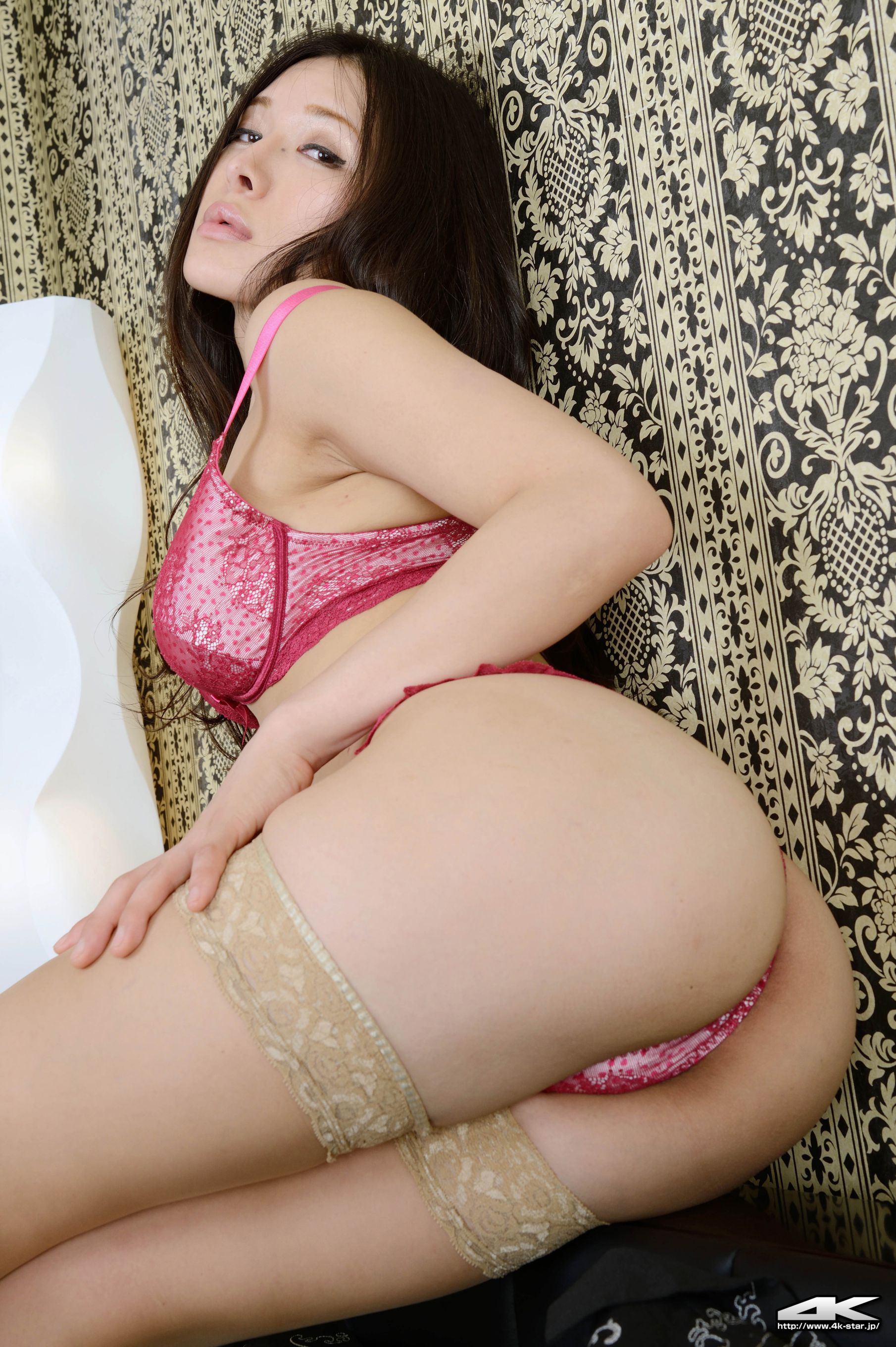The
Russian offensive in Kharkiv has been defeated, and the Ukrainian army has even
launched a local counterattack. Putin, in order to garner support from allies,
had no choice but to launch the Kharkiv offensive. This is more of a political
battle than a military one. Relying on the forces of five divisions to try to
capture Kharkiv is unrealistic, especially considering that the city could not
be taken even when Russia had the advantage at the beginning of the war. The
key question is: what is the purpose of attacking Kharkiv? If the goal is to
occupy the city, then it would require surrounding it, which cannot be achieved
with the current limited forces. If the aim is to eliminate or severely damage
the defending forces, the best approach would be to lure them out and engage
outside the city rather than in urban warfare. Currently, the Russian military
strategy seems to lack a clear objective.
Choosing Kharkiv is primarily due to its proximity to the Russian border, allowing for a firepower offensive from within Russian territory. However, the outcome has led to the West agreeing for Ukraine to use its weapons to launch attacks on Russian soil, which has backfired on Russia. As Russia can freely attack Ukraine, Ukraine can retaliate with superior quality. This shift will fundamentally change the situation on the Russia-Ukraine battlefield. Ukraine is transitioning from a strategic defensive phase to a strategic offensive phase, while Russia's position is becoming more passive.
The Russian military's manpower and firepower advantages
will be constrained, and if major attacks hit Russia's energy, transportation,
military, and civilian facilities, it could cause panic among the population
who have not yet felt the full impact of the war, making governance more
difficult for Putin. Striking Russian mainland becomes an effective way for
Ukraine to curb Russian attacks, essentially playing a "tit-for-tat"
game. As long as Russia attacks Ukrainian military or civilian infrastructure,
Ukraine will respond in kind, reducing the intensity of Russian attacks.
Overall, even if Ukraine gains a certain
military advantage in the future, it will not shorten the duration of the war.
Both sides have accepted the direction of a prolonged conflict. Putin hopes to
prolong the war as much as possible, while the West aims to exhaust Russia over
the long term. The war will only end in the short term if the Russian military
suffers a complete defeat, which would threaten Putin's rule. As long as Putin
remains in power, the war will continue. Russia's initial strategic goal was to
occupy all of Ukraine, but now it aims to hold the territories it has seized,
which requires continuous military investment. Given Russia's population, abundant resources, and ability to support a medium-scale limited
war, sustaining such a war is not impossible in the short term but will
inevitably lead to Russia's collapse in the long run.
The current issue is how long the Russian
military can hold out under increasing Western support for Ukraine. The war has
evolved from a high-tech conflict at the beginning to trench warfare
reminiscent of World Wars I and II. With the gradual introduction of Western
weapons and direct involvement of NATO forces, the conflict is likely to return
to high-tech warfare. Russia currently lacks the basic requirements for
fighting a fully high-tech war solely based on its military capabilities. The
much-touted high-tech Russian weaponry has proved inadequate in the war.
Russia now relies on ground weapons left over from the Cold War era and traditional manpower tactics. These war resources are gradually depleting and will eventually run out. Russia's current military capabilities cannot be replenished through production to sustain the war. Even with support from neighboring countries, it can only delay the depletion of resources. Eventually, the war will naturally end as resources are exhausted. The West does not want a quick end to the war as it aims to consume Russia's war resources – in essence, its national strength. After three years of war, Russia's military capabilities have significantly declined, losing its position as the world's second military superpower. If given enough time, the Russian military will naturally be depleted, leading to the collapse of Putin's regime and potentially the fragmentation of Russia once again.
For Russia's biggest allies, continuously
supporting until the collapse is not wise. After Russia's downfall, the
"Super NATO Alliance" led by the United States will ultimately target
its competitors. While the overall strength of the competitors far exceeds that
of Russia, they too will face a gradual erosion across all fronts over time.
Therefore, the most prudent choice for competitors is to abandon Russia at the
opportune moment. After decades of effective development under wise leadership
that cooperated with the West, the competitor currently lacks most
is the wisdom it once possessed.












































